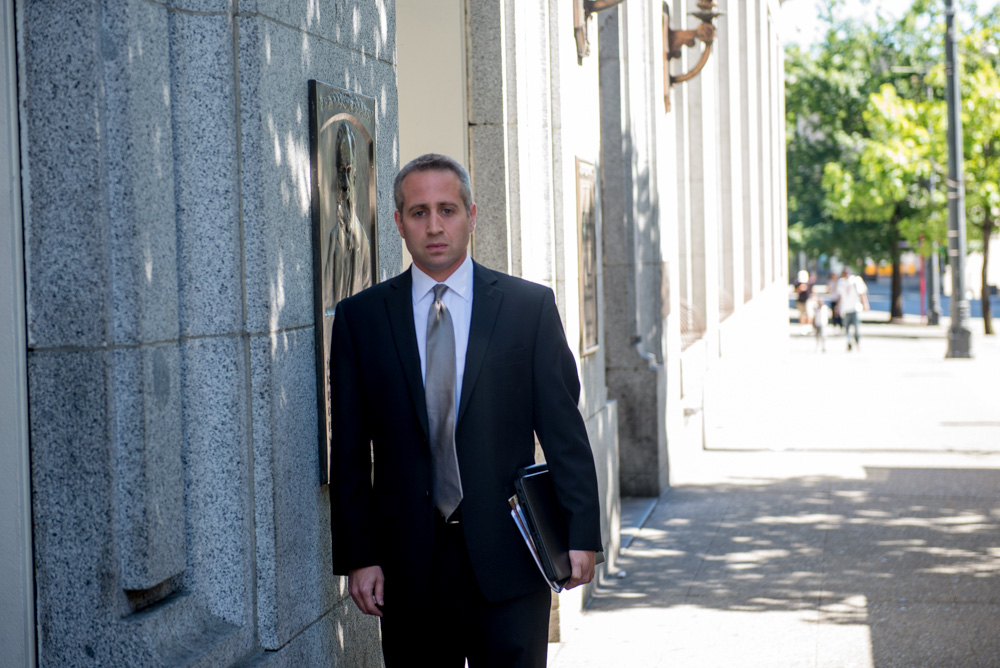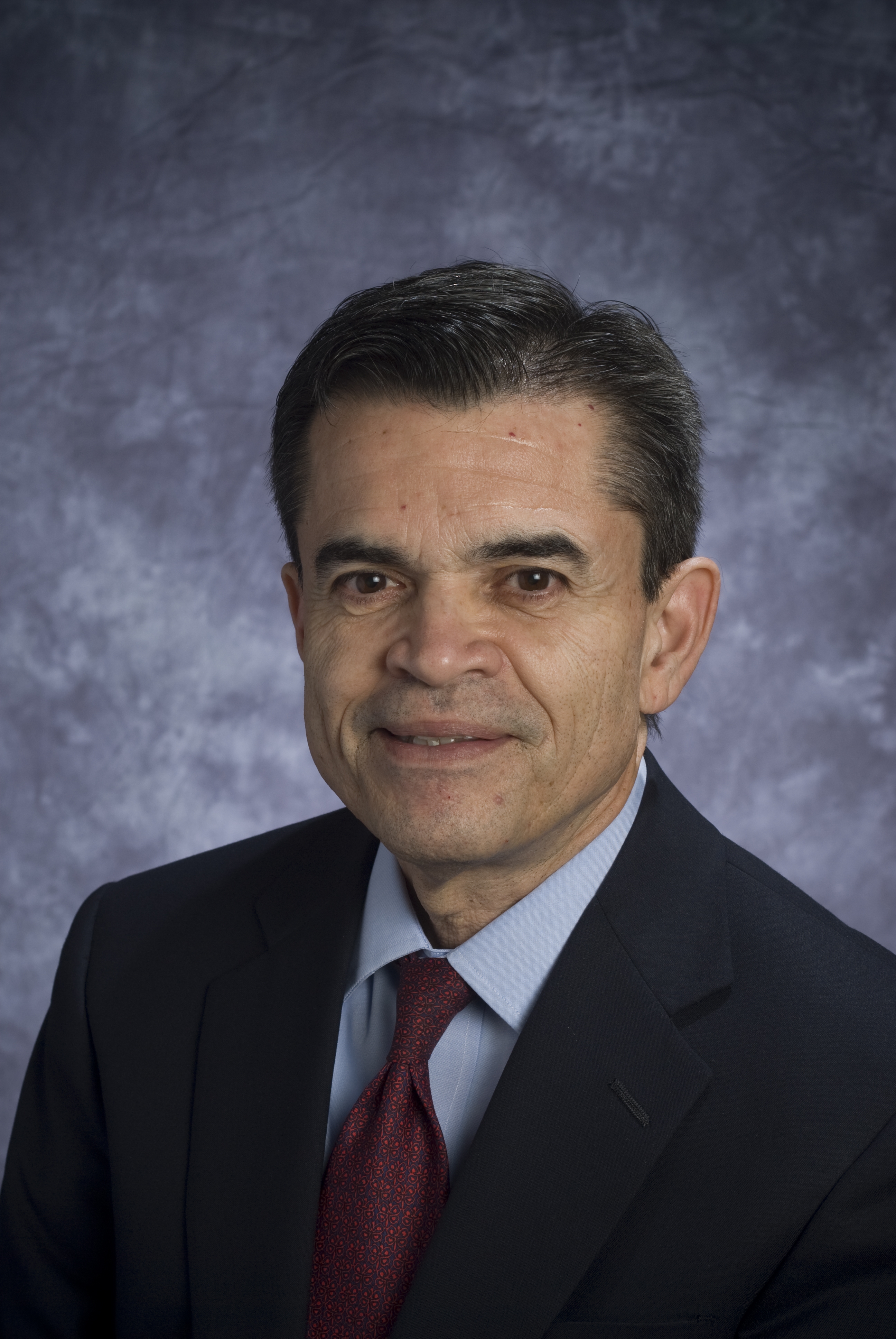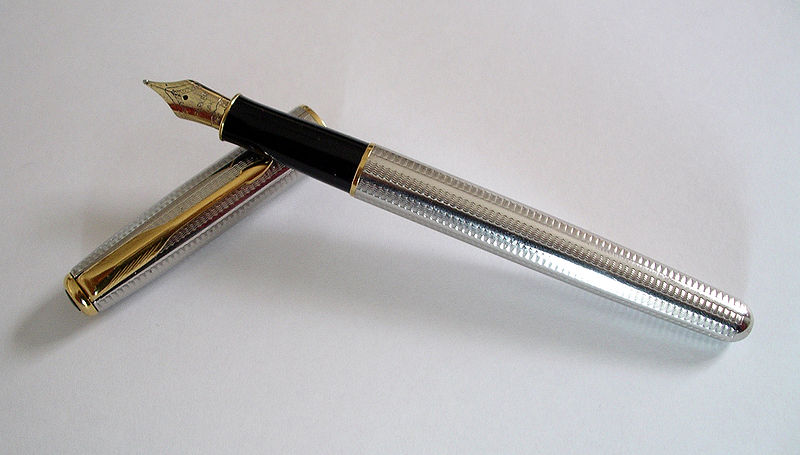One of the few things that’s crystal clear about the two competing liquor privatization initiatives is that if either gets approved by voters this November, an estimated 930 state Liquor Control Board employees will lose their jobs. As reported last month in a cover story by Rick Anderson, the deepest cuts would occur in distribution and sales. But what about the state employees who actually enforce liquor law?Board spokesperson Brian Smith says that like many a government office, Liquor Control’s enforcement division is understaffed. There are 16,000 liquor license holders in the state of Washington, with just 50 field agents to police them. Both I-1100 and I-1105 would eliminate the 28 percent retail markup that annually generates an estimated $250 million in liquor sales and covers the Board’s operating expenses, which includes those agent’s salaries. According to Smith, there’s currently no dedicated funding mechanism to take it’s place.But supporters of both I-1105 and I-1100 claim that under their respective initiatives, the Board’s current staffing levels can be maintained. Sorting out how, well, that’s the difficult part. Charla Neuman, spokesperson for I-1105 backers Washington Citizens for Liquor Reform says that Liquor Control’s budget shortfall can be made up by licensing fees paid by new liquor retailers, a simplified liquor tax and decreased overhead from the closing of the state controlled liquor stores. “It’s a bogus argument to say that Liquor Control is going to have problems with staffing and enforcement,” says Neuman. “They’re going to be operating on a much smaller scale.” But there’s nothing that requires the state legislature to impose a new tax, nor any guarantee that it would actually be approved. Ashley Bach, a spokesman for Yes to 1100, the initiative favored by wholesale giant Costco, says that the Board already makes enough by way of the state tax on wine sales to cover the $11 million it annually spends on enforcement. “They haven’t been using it because they’ve been raking in so much money from the markup,” says Bach.Smith confirms that the Board annually takes in around $21 million from the wine tax. But that money is held in a so-called Revolving Fund and then either sent to the state’s general fund or doled out to cash-strapped municipal governments around the state.
More Stories From This Author
Fourth of July weekend weather in King County
Expect mostly sunny and warm weather for the Fourth of July weekend in the Puget Sound region. Below is the…
King County jail audit finds issues in behavioral health services
Addressing the issues could reduce the risk of reoffending.
New King county park rangers to begin patrolling Saturday
Council members hope the increased presence of officials will deter break-ins at trailheads.








